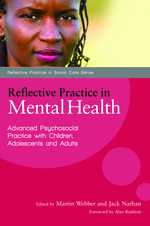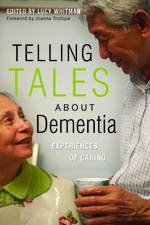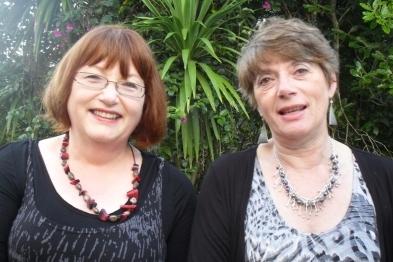Celebrate ‘Movember’ with a Sample Activity from Bonnie Thomas’ new book, Creative Expression Activities For Teens
Have a giggle – and raise awareness! – with this activity from Bonnie Thomas‘ new book, Creative Expression Activities For Teens! This book is bursting with art and journal…









